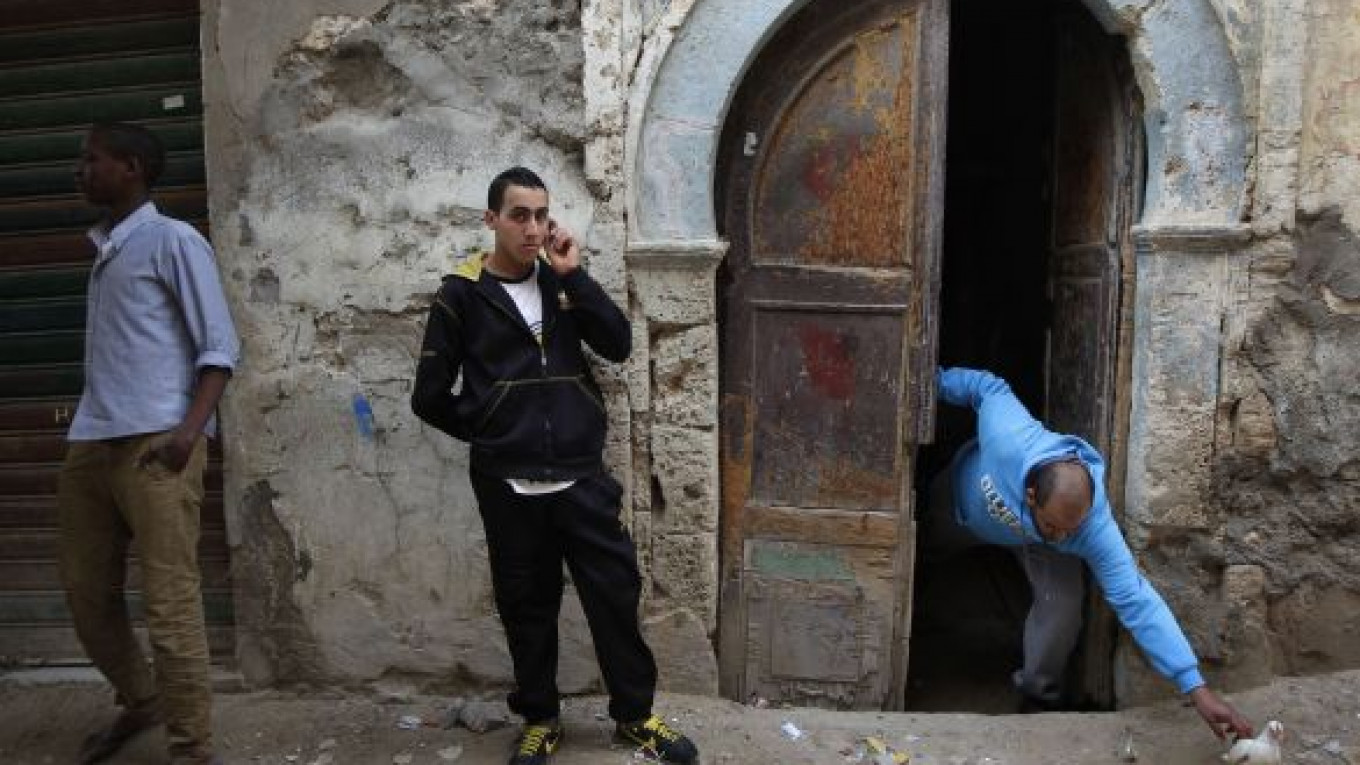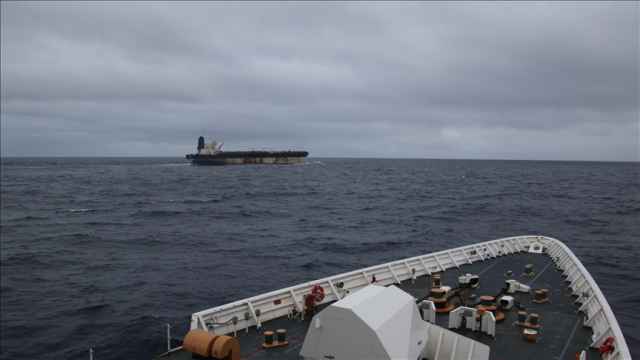NEW YORK — A no-fly zone over Libya can't be quickly authorized by the United Nations Security Council unless the air forces and the strategy for enforcing it are clearly defined, Russia's UN ambassador said.
"To say we need to act quickly, as fast as possible, but not to provide answers to those fundamental questions, is not really helping, it is just beating the air," Ambassador Vitaly Churkin told reporters Monday after a three-hour closed-door council meeting in New York. "You need to be sure any decision the council takes is not going to exacerbate the military-political situation in Libya."
Russia was among a number of council members to pose questions about the no-fly zone to envoys of Britain, France and Lebanon, who are leading the push for adoption of a draft resolution that would authorize international military intervention to topple Moammar Gadhafi's government. Brazil, China, Germany, India and South Africa also asked for more details and suggested alternative measures, diplomats said.
Gadhafi's forces have been carrying out airstrikes against rebels this week.
The Security Council debate may result in a draft resolution that adds sanctions in addition to the no-fly zone, including steps to prevent oil sales revenue from going to the government, Lebanese Ambassador Nawaf Salam said. Among options under consideration are freezing the foreign assets of some Libyan oil companies, withholding payment for oil that has been delivered, or directing those payments to the rebels' Interim Transitional National Council, Salam said.
"They are issues that are being considered along with the no-fly zone," Salam said.
Libya holds the biggest oil reserves in Africa and is the continent's third-largest producer after Nigeria and Angola.
Russia's support for a no-fly zone is critical because it is a permanent member of the Security Council with veto power. The ambassador from China, which also has a veto, made no public statement after the meeting. Ambassador Li Baodong signaled potential opposition in a March 2 news conference.
Salam briefed the Security Council on the Arab League's decision on March 12 to support the no-fly zone over Libya. He told reporters that he would present a draft resolution authorizing it as early as today. France and Britain have prepared such a text.
"These are legitimate questions," Salam said in reference to the points raised by Churkin. "Unfortunately, we cannot answer." Salam said a no-fly zone "may stop Gadhafi from flying his planes and attacking his own population, and it may not."
Germany, an elected member of the Security Council that has expressed reservations about the no-fly zone proposal, also questioned the enforcement plan and will suggest other measures intended to halt the violence in Libya, Ambassador Peter Wittig said.
"We raised some questions, and some of the questions are still unanswered," Wittig said. "Germany suggested we increase the pressure by sharpening the sanctions. We will be suggesting some elements on that."
U.S. Ambassador Susan Rice said only that the Obama administration was "considering all options."
The French ambassador, Gerard Araud, said he disagreed that all of the details need to be worked out before the Security Council acts. He cited the 1993 UN resolution authorizing a no- fly zone over Bosnia, which didn't specify any operational details.
Araud said that none of the Security Council's 15 member governments had stated outright opposition to a no-fly zone, and that "it is possible" it will be adopted this week.
"We are moving forward," Araud said. "The problem for us is the urgency. The Gadhafi forces are moving forward. We would prefer to act as soon as possible. We would prefer that our partners on the Security Council would have the same sense of urgency we have."
(Bloomberg, Reuters)
A Message from The Moscow Times:
Dear readers,
We are facing unprecedented challenges. Russia's Prosecutor General's Office has designated The Moscow Times as an "undesirable" organization, criminalizing our work and putting our staff at risk of prosecution. This follows our earlier unjust labeling as a "foreign agent."
These actions are direct attempts to silence independent journalism in Russia. The authorities claim our work "discredits the decisions of the Russian leadership." We see things differently: we strive to provide accurate, unbiased reporting on Russia.
We, the journalists of The Moscow Times, refuse to be silenced. But to continue our work, we need your help.
Your support, no matter how small, makes a world of difference. If you can, please support us monthly starting from just $2. It's quick to set up, and every contribution makes a significant impact.
By supporting The Moscow Times, you're defending open, independent journalism in the face of repression. Thank you for standing with us.
Remind me later.






